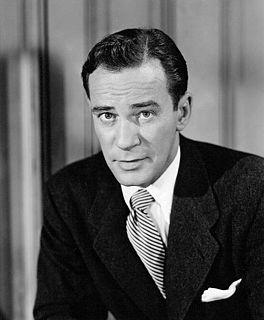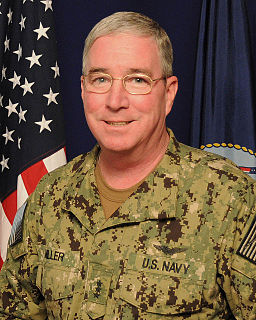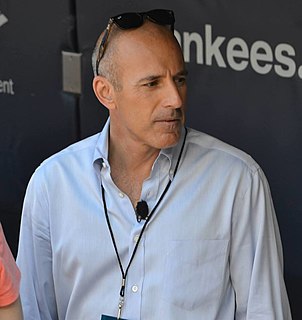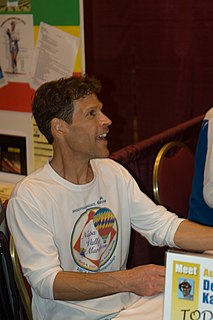A Quote by Gordon B. Hinckley
By and large, I have come to see that if we complain about life, it is because we are thinking only of ourselves.
Related Quotes
One of the mistakes many of us make is that we feel sorry for ourselves, or for others, thinking that life should be fair, or that someday it will be. It's not and it won't. When we make this mistake we tend to spend a lot of time wallowing and/or complaining about what's wrong with life. "It's not fair," we complain, not realizing that, perhaps, it was never intended to be.
When we are not engaged in thinking about some definite problem, we usually spend about 95 percent of our time thinking about ourselves. Now, if we stop thinking about ourselves for a while and begin to think of the other person's good points, we won't have to resort to flattery so cheap and false that it can be spotted almost before it is out of the mouth.
The biggest adversary in our life is ourselves. We are what we are, in a sense, because of the dominating thoughts we allow to gather in our head. All concepts of self-improvement, all actions and paths we take, relate solely to our abstract image of ourselves. Life is limited only by how we really see ourselves and feel about our being. A great deal of pure self-knowledge and inner understanding allows us to lay an all-important foundation for the structure of our life from which we can perceive and take the right avenues.
I was thinking about framing, and how so much of what we think about our lives and our personal histories revolves around how we frame it. The lens we see it through, or the way we tell our own stories. We mythologize ourselves. So I was thinking about Persephone's story, and how different it would be if you told it only from the perspective of Hades. Same story, but it would probably be unrecognizable. Demeter's would be about loss and devastation. Hades's would be about love.
A Marathon is not about running, it is about salvation. We spend so much of our lives doubting ourselves, thinking we're not good enough, not strong enough, not made of the right stuff. The Marathon is an opportunity for redemption. "Opportunity," because the outcome is uncertain. "Opportunity," because it is up to you, and only you, to make it happen; only you can turn your farfetched dream into a reality.
What we see in the outer is but a reflection of the inner, because we surround ourselves with a picture of our own beliefs. In other words, we manifest in general what we seriously think and believe. So if we want to find out what our habitual thinking is like, we have but to look around us and ask ourselves what we really see.
Pride is a terrible and dangerous thing. It can take so many forms; it can even assume the appearance of humility. Pride can lead not only to self-exaltation, but also to self-abasement. The key to battling pride is not found in struggling against thinking too highly of ourselves or in striving to think of ourselves as lowly. The key is found in simply not thinking about ourselves at all, but setting our minds on Christ and the needs of others.
Immensity is always there, but we so often become numb to it, or deceive ourselves into thinking our own lives and selves are what's large. Step into the ocean or walk on Mount Tamalpais, and that kind of amnesia and self-centeredness isn't possible. Enter the natural world at all, you see existence emerge, ripen, fall and continue, and you can't help but feel more tender towards self and others. That summoning into the large and the shared is what poems exist also to do.





































